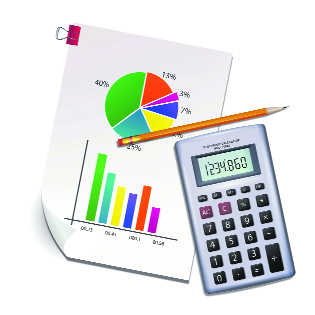SC Vasudeva
I retired from Himachal State Electricity Board (HPSEBL) in May, 2015 and received Rs 7,47,270 as leave encashment. Recently, the auditors (not HPSEBL nor Income-tax department) has worked out a recovery amounting to Rs 73,586 of income tax on this leave encashment by evoking Section 10(AA) of the Income-tax Act, 1961 with the plea that since the HPSE Board has been restructured as HPSE Board Limited under the Factory Act w.e.f. June 2010, so above section comes into force. But I contested the audit point of view on the basis of sub-clause (5) read with sub-clause (7)(a) & 7(d) of clause 5 of above reforms scheme and made representation to the office concerned during 11/2016 that I am entitled to maintain my rights in accordance to these clauses and my benefits may not be reduced or made inferior to that of employees of the erstwhile HPSE Board where they were fully exempted from income tax under Section 10(AA) of the Act but nothing has yet been heard.
It is also pertinent to mention that in PSUs there is a separate set of leave rules and their employees get cash payment in lieu of due/ unavailed earned leaves during the service period whereas in HPSEBL it is not the practice and such benefit is available to the employee on death or retirement only.
But, if my above request is not considered by the department and I have to pay the tax, in that case please clarify:
- Whether I can claim full exemption for earned leave available in my credit before the issuance of above notification during 6/2010 (which were 220 days) and pay the tax on balance earned leave afterwards (80 days).
- Whether I have to deposit the amount worked out by the audit or have to include leave salary in the total income, including pension. In that case, it will fall in 20% slab and recovery of tax shall be almost double i.e. around Rs 1.5 lakh.
- Whether I-T return for the year for which leave encashment is received has to be revised or it can be included in the current year’s return or in the year when tax is actually paid.
- How to show this amount while filing the ITR form.
- Whether the I-T Department will impose penalty for late payment.
Please note that such notices of recoveries are being issued only to certain retired employees where audit party has raised objections and not in general. But tax is being deducted at source on leave encashment from all employees who are retiring at present. — RK Sharma
An employee of the state electricity board is not an employee of the Central or State Government and accordingly the exemption from the taxability of leave encashment would be admissible in accordance with the provisions of Section 10(10AA)(ii) of the Income-tax Act, 1961. The clauses quoted by you in the query have to be considered for the purposes of determining terms and conditions of your employment. These covenants cannot override the provisions of the Income-tax Act, 1961 (The Act) and, therefore, you would be entitled to claim exemption of leave encashment for a maximum amount of Rs 3,00,000 only as admissible under the aforesaid section of the Act.
Your other queries are replied hereunder:
- Section 10(10AA)(ii) of the Act provides for the exemption of the amount of leave encashment. According to the said section, exemption is limited to a sum which does not exceed the amount of salary for 10 months calculated on the basis of the average salary drawn by the employee during the period of 10 months immediately preceding his retirement subject to a maximum of Rs 3,00,000.
- The amount of pension and leave encashment in excess of the limit prescribed in the aforesaid section would be taxable. Tax will have to be paid in accordance with the applicable slab rate on the total income computed after taking into account pension and amount of leave encashment exceeding Rs 3,00,000.
- It would be advisable to revise the income-tax return for the financial year 2015-16 relevant to the assessment year 2016-17. The same can be revised after March 31, 2018. The amount of tax payable on account of the difference shall have to be paid at the time of filing the revised return.
- The amount of taxable leave encashment will be the part of your salary income and reflected under the head ‘income from salary’ in the return of income.
- There should not be any penalty in case a revised return is filed without any notice from the tax department.
Unlock Exclusive Insights with The Tribune Premium
Take your experience further with Premium access.
Thought-provoking Opinions, Expert Analysis, In-depth Insights and other Member Only Benefits
Already a Member? Sign In Now










